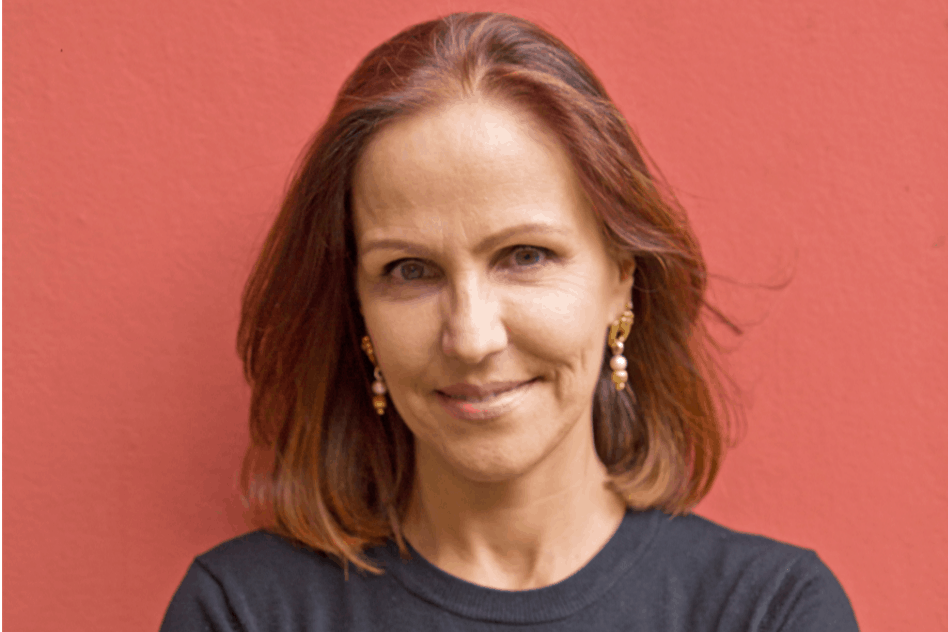My name is Vera Freitas, I am a Teacher of English as a Foreign Language from São Paulo, Brazil, with many years of experience in mainstream language schools; I am also a free-lance translator and a former Cambridge ESOL examiner. I have recently certified as a Neurolanguage Coach® and set up my own language business.
In many ways my career choice has poked me every now and then concerning the downsides involved – the most serious amongst them and which entails all the rest, is that education is not a priority in the country where I live. But in recent years a feeling of “I may be on the right side of the road” has increasingly dawned on me: I speak the Lingua Franca, and the worldwide acknowledgement of English as such has an extra bonus – it is OK to be a non-native English instructor.
Brazil is a country of controversies and contrasts. We are big, we have plenty of natural resources, we never face any natural disasters but we have a past history of exploitation and corruption which places us in the category of an “emerging” nation, with a lot yet to be done. This nation is growing economically with an awakening population which does not accept feeling set apart anymore. However, in order to belong to the rich globalized community people have to speak the Lingua Franca.
The ELT area is extremely fertile around the country, with plenty of different businesses sprouting like weeds. It would be the best of scenarios to make money if it weren’t for one single problem – we lack qualified language teachers. In a country where education is not a priority, salaries are extremely low, which have caused some colleges to even give up on Language majoring due to a lack of students. No one wants to be a regular teacher anymore. The consequence is that there are many so called professionals in the market with poor or sometimes no real qualifications.
Coaching has become an alternative for those who lack more formal qualifications, but that does not mean that anyone can become a Coach, and it does not mean that Coaching should be an alternative profession either. Coaching should be a deliberate choice, a mindful belief. One should choose to become a Coach within the various areas in education, well aware of the alternatives, because one believes that this is the right thing to do.
In a rapidly changing world, full of contrasts and inequalities, where challenges and options await us on every corner, people are stressed and confused. Knowledge is a necessary tool to develop the competencies required for professional and personal growth these days, but what is increasingly clear is that traditional methods do not make much sense anymore. Furthermore, people also live under increasingly severe time constraints.
It is in this scenario that the role of the Coach will make a difference. Approaching the client as an individual with a unique identity, unique history, with specific potential and needs, the Coach will create a program to cater for those particularities, aiming at arriving exactly where the Coachee deliberately decides is his/her best destination. This work, which is done hand in hand, reflects a new lifestyle and a new mentality in education.
Neurolanguage Coaching comes then to add more value to Coaching in general and to enhance this path, to refine the tune. Under the light of Neuroscience, not only is the individual taken into account, but so is his individual brain! If knowledge is the tool for developing competencies, the brain is the equipment needed to make it happen… knowledge and competencies being the software while the brain is the hardware. Looking from this angle also makes a great difference from the Coach’s point of view, since the client is seen not only as a learner, but as a human being with a unique brain. These are two different levels to cater for, to worry about and to be mindful of. If we trainers, instructors, teachers, coaches are to catch up with a new millennium mindset, then Neurolanguage Coaching is the road to be taken.
Our attention is being constantly requested nowadays; we are bombarded with diverse questions, options, offers coming from different directions, making us chose this way or that. A good deal of self-knowledge is a safeguard against so many traps along the way. Thus, one of the main roles of education nowadays is to equip individuals with the habit of self-questioning, self-investigating, observing their own minds and thoughts, characteristic of the Coaching processes. What matters these days is not only what or how much we know, but what we can do with what we know.
A.I. and Machine Learning are a reality we cannot run away from. Instagram and Youtube are flooded with wizards promising overnight learning, skin deep. Life is running fast and we barely have time to think. If we do not place due value on serious education, which can instil the habit of deep thinking, we may miss out on the universe and the gods – which, according to Plato, we will know once we get to know ourselves.

